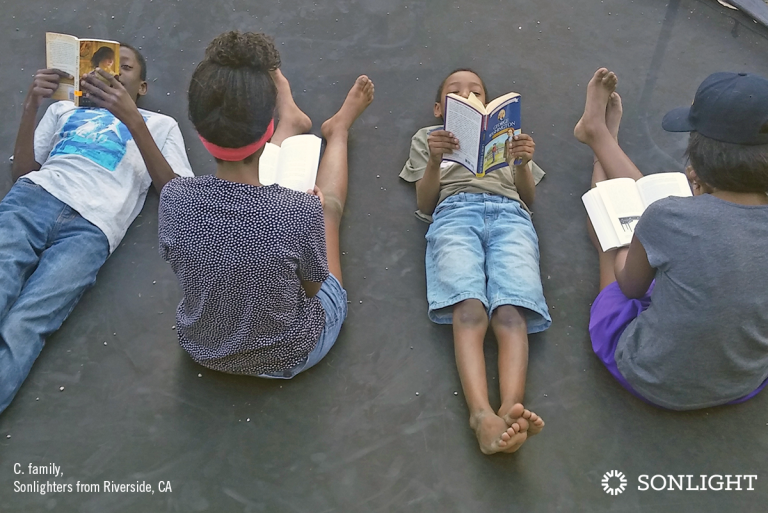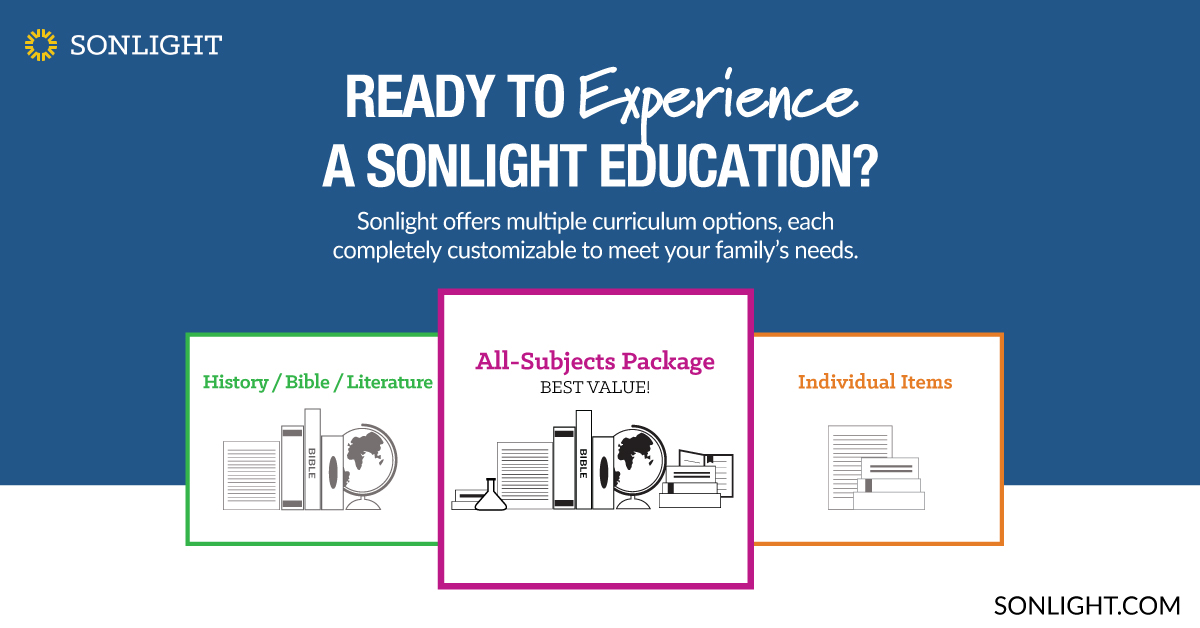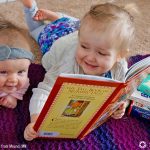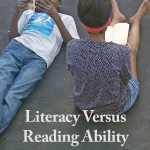
If the ability to read is so important, what do we do when our children just aren't learning to read well? What if we fill our houses with books and read aloud daily ... and they still struggle? Are our efforts to provide a print-rich environment in vain?
No. And the reason lies in the difference between literacy and reading ability.
The Same Exposure to Books But Different Reading Proficiency
Research bears out the obvious fact that children surrounded by books learn more effectively and thus do better in school. But some parents' experience doesn't seem to mirror the expected.
For example, one mom commented that she has thousands of books in her home and reads to her children all the time. While two of her children are excellent readers, two others have a much harder time. Has she been wasting her time reading to the two who struggle? She certainly doesn't think so—and I agree.
I also had children who greatly varied in how early they learned to read. One read very early and continues to devour books. One worked very hard at reading and reads slowly even today, but never forgets what is read. Both children excelled in college. So what might be at work here?
The Difference Between Literacy and Reading Ability
I'm going to postulate that all the hours we spend reading aloud to our children make up for a host of gaps they might have if we hadn't read to them.
In E. D. Hirsch's book Cultural Literacy, he compares the reading ability of two sets of junior college students. They read two articles and answered comprehension questions afterwards. The first article covered a generic topic (love) that required absolutely no additional knowledge to understand, other than the ability to decode the words. Both sets of students answered those questions equally well. But the second article they read told the story of General Lee's surrender to Grant at Appomattox. Students who had no previous knowledge about the subject could not answer the questions about this article. They lacked the background information necessary to even know who Grant and Lee were and why they needed to meet. They had no context.
In my thinking, a literate person has the necessary background information—the cultural literacy, in Hirsch's words—to understand what she reads.
Keep On Reading Aloud
In a home where families read a wide variety of books together, children gain invaluable cultural literacy. Combine this with the ability to learn from books (even if someone else is reading them out loud), and you've got a great head start on academic success.
So even if you have a child who struggles to read on his own or dislikes reading, keep reading to him! Don't think for a minute that your efforts haven't born fruit. Consider the cultural literacy, cognitive skills, and emotional maturity you're helping him build by surrounding him with great stories, engaging characters, and thought-provoking discussions.

Curious to see what an education rich in both reading and cultural literacy might look like for your family? Go to SmoothCourse to explore your options.







